Automation for sustainable operations and lower carbon footprints
June 9, 2023 2:57 pm
Sharing his viewpoint Sameer Gandhi, Managing Director, OMRON Automation India, states by integrating automation, advanced sensing and sustainable technologies, companies can minimise their environmental impact and contribute to a greener future.
Please talk about your solutions catering to various industrial applications.
With over 25 years in India, OMRON Automation caters to various industrial applications encompassing the wide requirements of packaging, automotive, material handling, food & beverages, medical, digital, infra and panel building applications. The company focuses on the solution business, including Robotics and IIoT, providing “One Stop” solutions to improve efficiency on diverse production sites. OMRON supports manufacturing innovation through its advanced sensing and control technologies by emphasising quality, safety, and environmental concerns. Serving customers nationwide, OMRON maintains a robust network of offices, application engineers, service teams, sales professionals, and automation technology centres.
In what ways have automation and advanced technologies contributed to the improvement of manufacturers’ performance?
By leveraging these advanced technologies, manufacturers in India can produce products of international standards, as they enable smarter and interconnected factory operations. This empowers manufacturers to address major challenges such as minimising downtime, reducing unexpected failures, enhancing changeover efficiency, and implementing real-time data-driven predictive maintenance. Moreover, these technologies facilitate increased flexibility on the shop floor, enable precise product inspection, accelerate development timelines, and automate repetitive, hazardous, cumbersome tasks without critical thinking requirements.
With its advanced Input, Logic, Output, Robotics & Safety (ILOR+S) solutions, OMRON is known as one of the leaders in advanced industrial automation. The brand has the widest portfolio of Smart Sensors, Robots, Vision, Machine Safety, PLCs, Servos and Drives, based on our world-renowned ‘i-Automation’ concept (‘i’ stands for intelligent, integrated and interactive); the three important core elements required to make a smarter and ‘connected shop floor’ enabling the Indian manufacturers to make world-class in India’ in the wake of the speedily rising and demanding Industry 4.0 expectations.
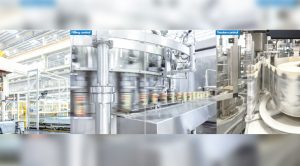
How can technology assist in optimising production processes and minimising waste?
Industrial automation technologies greatly help companies become more sustainable and, in turn, reduce their environmental footprints. This is done by deploying suitable automation applications that help optimise production processes, reduce waste and emissions, and improve energy efficiency.
The Omron’s i-Belt technology enables the plant’s digital transformation, which supports businesses to gain valuable data-driven insights into their operations, such as identifying bottlenecks, optimising workflows, and improving overall efficiency. By streamlining operations and eliminating inefficiencies, technology helps organisations better use their resources and reduce waste. The i-Belt technology also focuses on energy efficiency by monitoring power consumption and providing insights into optimising overall plant system configuration. By fine-tuning these parameters, the technology helps minimise energy waste. This leads to reduced energy consumption, lower operational costs, a smaller environmental footprint, proactive maintenance, and ensuring compliance with environmental standards.
Automation allows companies to implement sustainable practices using renewable energy sources and reducing their carbon footprint. For instance, automated systems can efficiently manage solar panels and wind turbines. By integrating automation and sustainable technologies, companies can minimise their environmental impact and contribute to a greener future.
To what extent do upskilling and training contribute to a sustainable manufacturing process?
Upskilling and training are integral components of building a sustainable manufacturing process. Here are some ways in which they contribute to sustainability:
Improved Efficiency: Upskilling the workforce and providing them with training can improve manufacturing processes. Workers trained in the latest technologies and processes can identify ways to reduce waste, streamline processes, and optimise energy usage, leading to cost savings and reduced environmental impact.
Reduced Waste: Training and upskilling can help workers identify ways to reduce waste and improve resource utilisation. For example, employees trained in Lean Manufacturing techniques can identify opportunities for reducing waste in production processes, such as minimising overproduction, reducing defects, and optimising inventory levels.
Improved Safety: Training workers in safe work practices can reduce injuries and illnesses, resulting in fewer worker compensation claims and a more sustainable workforce. A safe work environment also reduces the risk of accidents and incidents leading to environmental damage.
Increased Innovation: Upskilling and training can lead to increased innovation in manufacturing processes. Workers trained in the latest technologies and processes can identify new ways to reduce waste, improve efficiency, and enhance sustainability.
Enhanced Employee Engagement: Investing in employee training and development can improve employee engagement and retention, leading to a more sustainable workforce. Engaged employees are more likely to take ownership of their work, identify opportunities for improvement, and remain committed to the organisation’s success.
What is your company’s focus on solving manufacturing issues through automation?
OMRON recognises the immense importance of the Indian market for its automation business and remains committed to expanding its presence in the country. With India’s growing market and the emerging China+1 opportunity, it holds significant strategic value for OMRON. Additionally, in alignment with OMRON’s long-term vision, “Shaping the Future” (SF 2030), which aims to address social and manufacturing challenges through automation, the company will continue focusing on enhancing the lives of the substantial Indian population.
Cookie Consent
We use cookies to personalize your experience. By continuing to visit this website you agree to our Terms & Conditions, Privacy Policy and Cookie Policy.



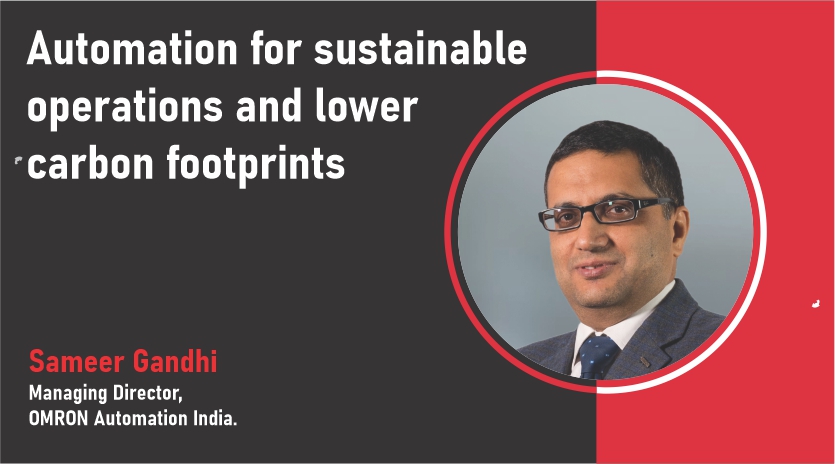
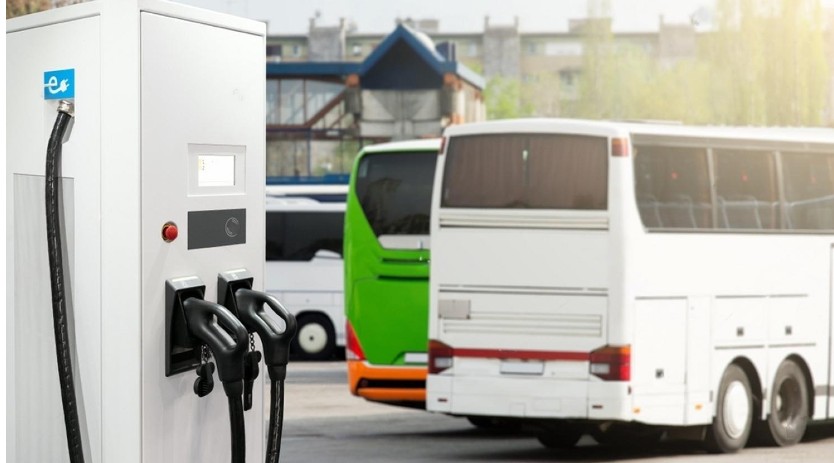


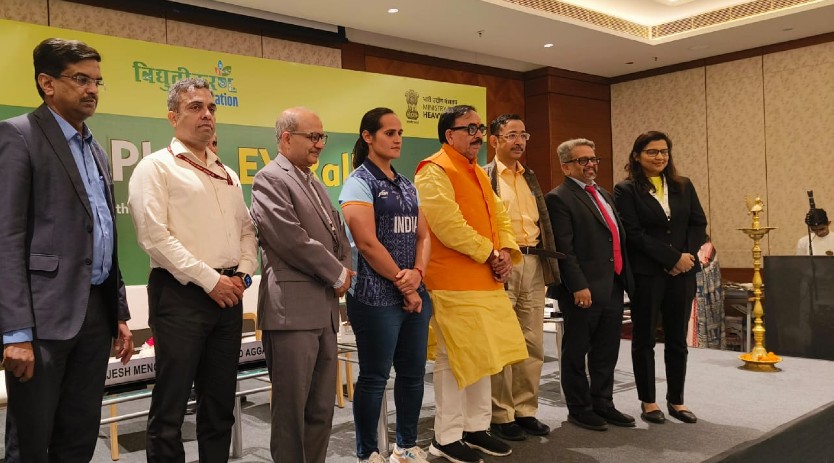
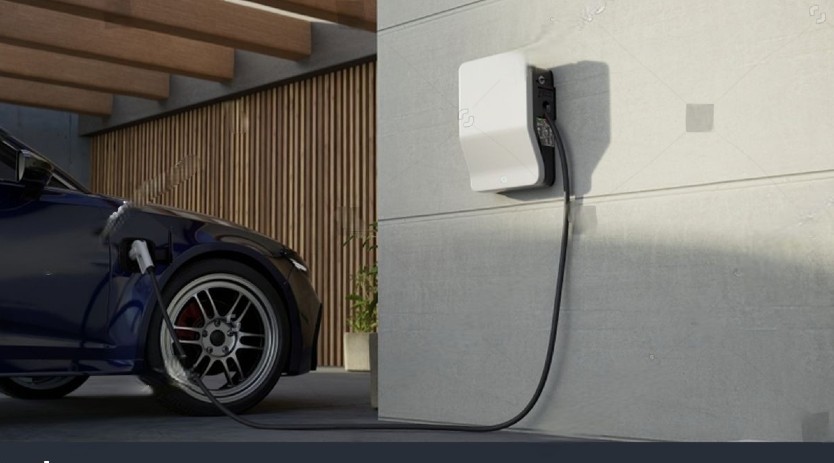

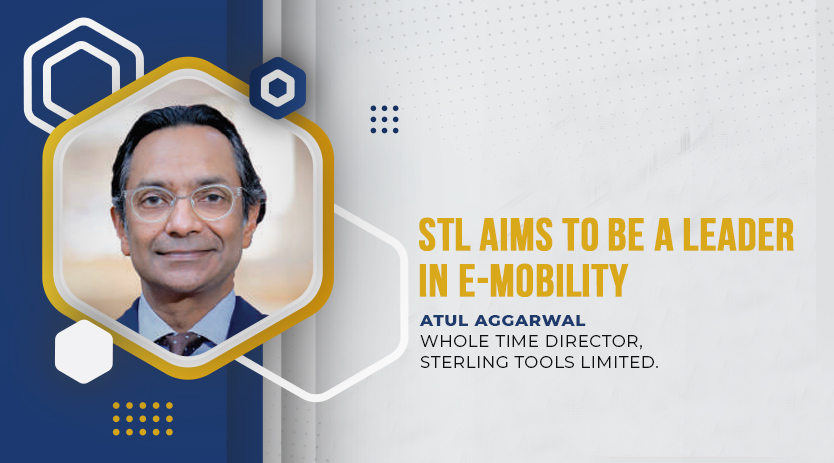
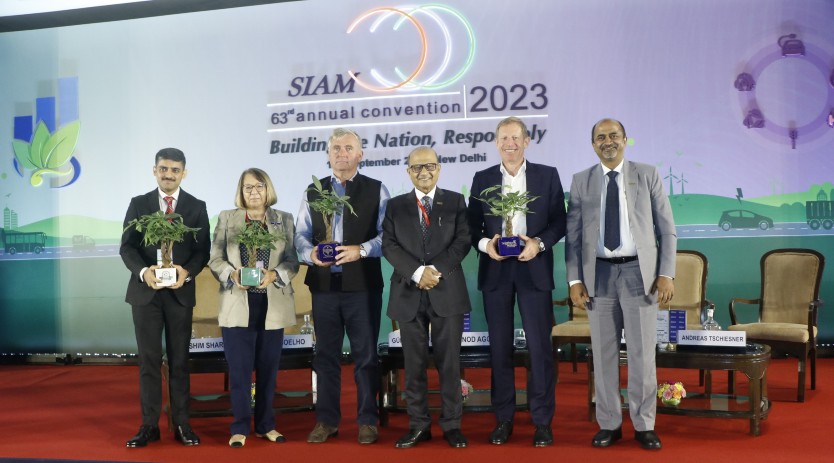
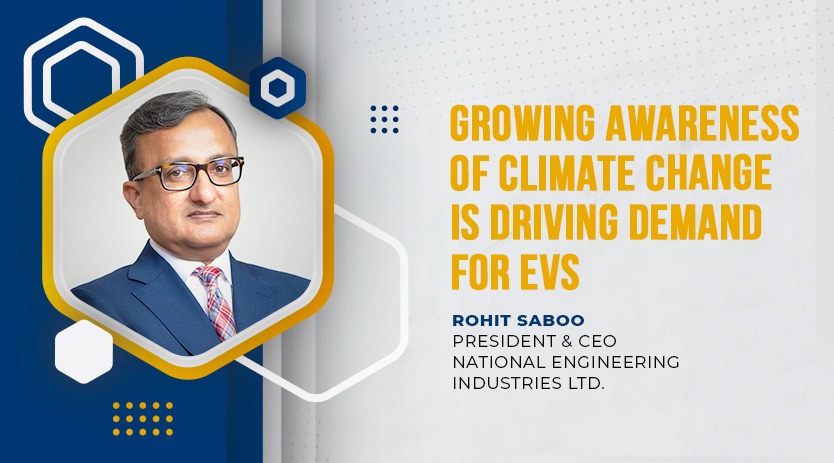
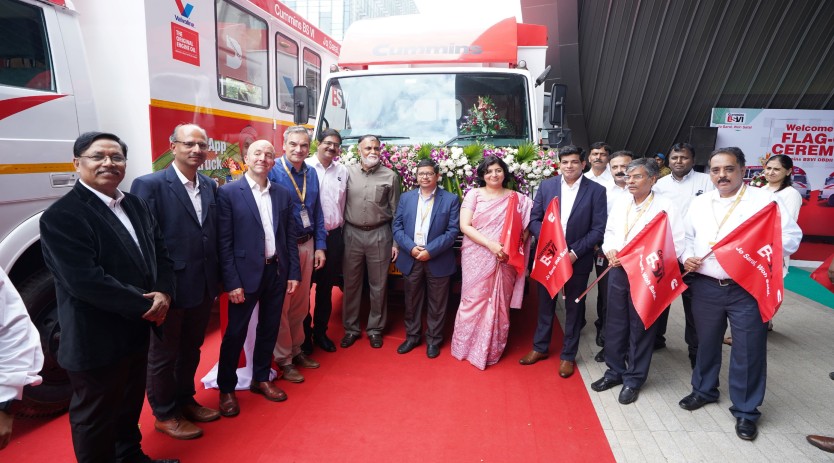



 English
English Hindi
Hindi